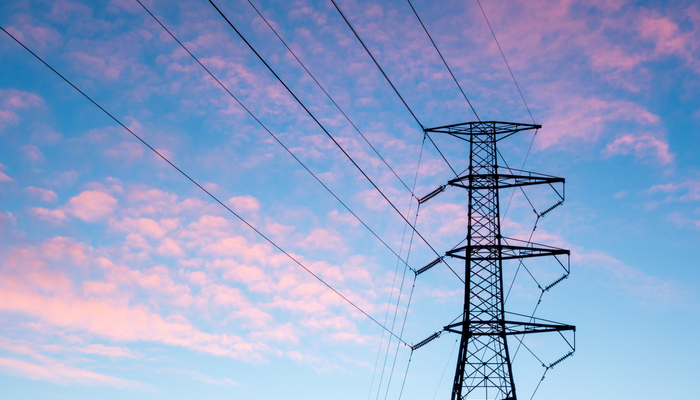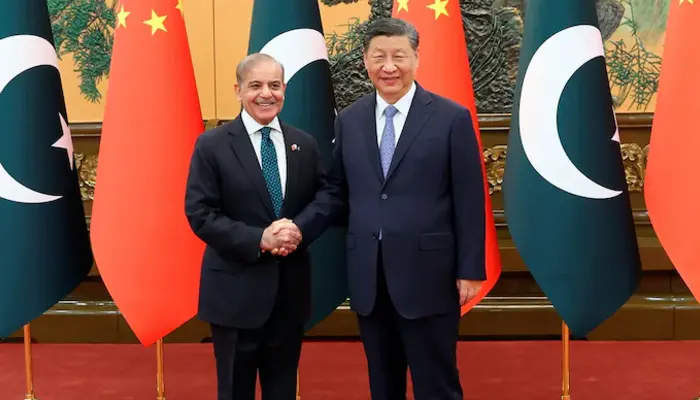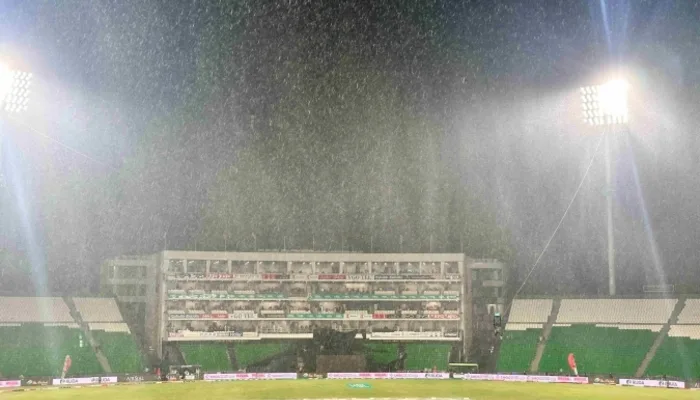
Islamabad: In a groundbreaking move, Pakistan has launched an independent electricity market system, marking a major shift in the country’s power trading landscape. The initiative aims to bring transparency, efficiency, and competition to the energy sector.
The National Electric Power Regulatory Authority (NEPRA) has officially licensed the Independent System and Market Operator (ISMO). This newly established body will now handle electricity procurement, a role previously held by the Central Power Purchasing Agency (CPPA).
Consumers to Buy Power Directly
With this new market system, electricity consumers can purchase power directly from suppliers, bypassing traditional distribution companies. The change is expected to reduce government involvement as the sole electricity buyer and increase market-based transactions.
Leadership and Structure
Initially, the ISMO will be led by a three-member board, with plans to expand to eleven directors in the coming months.
-
Syed Zakariya Ali Shah, Additional Secretary of the Power Division, will serve as Chief Executive Officer.
-
Muhammad Fakhar Alam, Secretary Power, and Sajjad Haider, Joint Secretary Finance, will join as directors.
This structural shift is part of the federal cabinet’s decision to restructure the National Transmission and Dispatch Company (NTDC) into three separate entities, including the ISMO.
Promoting Open Competition
The independent market model aims to introduce competition and expand access to electricity nationwide. Officials believe that open access will lead to better pricing, reduced losses, and more reliable energy supply.
“This is a crucial milestone in Pakistan’s energy reforms,” said a senior NEPRA official. “It empowers consumers and encourages suppliers to compete on efficiency and pricing.”
Read: Israel Battles Worst Fires in a Decade, Netanyahu Declares ‘National Emergency’
Renewable Energy Projects Under Review
In parallel with this market reform, NEPRA has conducted hearings on two solar projects proposed by K-Electric (KE) — a 150 MW plant at Deh Metha Gar and a 120 MW plant at Deh Halkani in Sindh.
These projects are part of KE’s vision to add 1,300 MW of renewable energy to its grid by 2030. KE aims to cut reliance on imported fuels and lower energy costs for consumers.
Both projects recorded the lowest tariff bids in Pakistan’s renewable energy history at PKR 9.8 per unit (around 3.4 US cents), submitted by Kot Addu Power Company Limited (KAPCO).
A Step Toward a Greener, More Competitive Future
By empowering a new independent operator and supporting low-cost renewable initiatives, Pakistan is moving toward a liberalized and more sustainable energy sector.
Experts believe that these reforms will attract investment, reduce subsidies, and bring long-term benefits to both consumers and the national economy.
Follow us on Google News, Instagram, YouTube, Facebook, Whats App, and TikTok for latest updates












